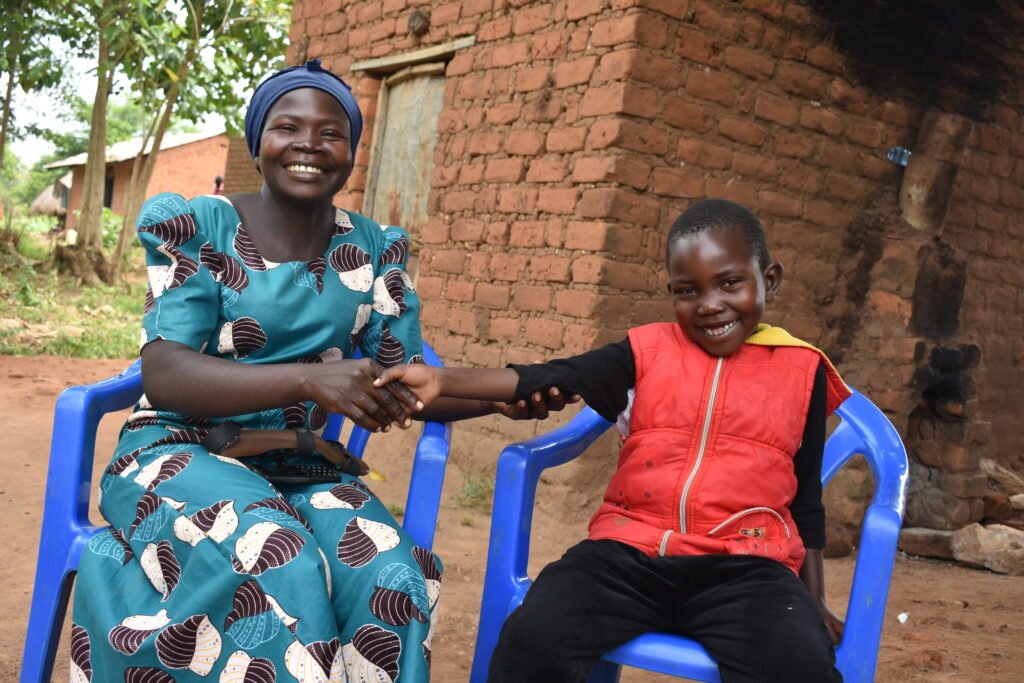When Trinity was born five years ago in Terego District, West Nile, her parents noticed something worrying — her right arm was folded and stiff. Everyday activities that other children took for granted, like playing, were a struggle for her.
For a long time, her family had little access to specialized health care or rehabilitation services that could address her condition. Like many children living in underserved communities, Trinity risked growing up with permanent limitations, not because her condition was untreatable, but because the right support wasn’t within reach.
“I was unable to access the kind of treatment needed to treat my child’s condition, and thought she would remain like that, and it would make it difficult for her to do things on her own,” Juliet, Trinity’s mother, recalls.

That changed in November 2024. Literacy and Adult Basic Education (LABE), with funding from Liliane Fonds and in partnership with AVSI Foundation and Arua Regional Referral Hospital, conducted a diagnostic camp to provide health and rehabilitation services for children with disabilities under the Building Effective Networks (BEN) Project. It was here that Trinity received a specially designed hand splint device to help correct her arm.
Nine months later, the results speak for themselves. Her arm has now straightened, is more flexible, enabling her to do things she was unable to do before, and most importantly, her confidence has grown tremendously.
“Trinity can now use her arm to throw a ball, wash her hands, and even bathe. Before this breakthrough, she was very shy in class and would not participate because the other children would make fun of her. Now, she is free, and her performance in class has greatly improved, thanks to LABE,” Juliet shares.
With continued therapy, Trinity has the chance to recover fully and live her life without limits.
Her story is more than personal—it is a powerful reminder of why early access to health and rehabilitation services is so vital. For children with disabilities, timely interventions not only improve physical function but also restore dignity, inclusion, and hope.
At the heart of this is a larger truth: every child deserves the opportunity to thrive, regardless of ability. By investing in inclusive health services, strengthening community-based rehabilitation and referral pathways, and ensuring that children like Trinity are not left behind, we can move closer to a future where inclusion is not just a dream, but a reality.